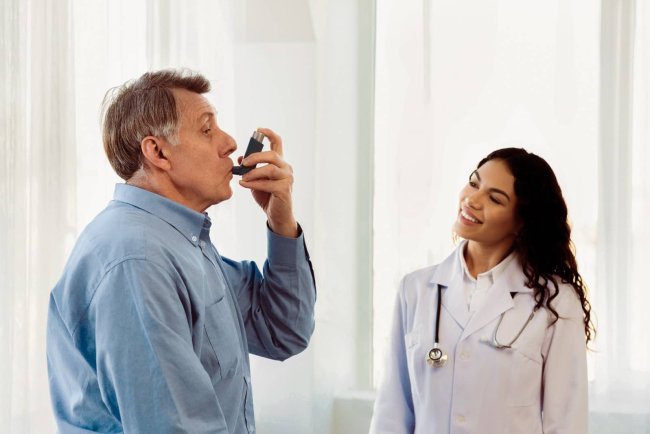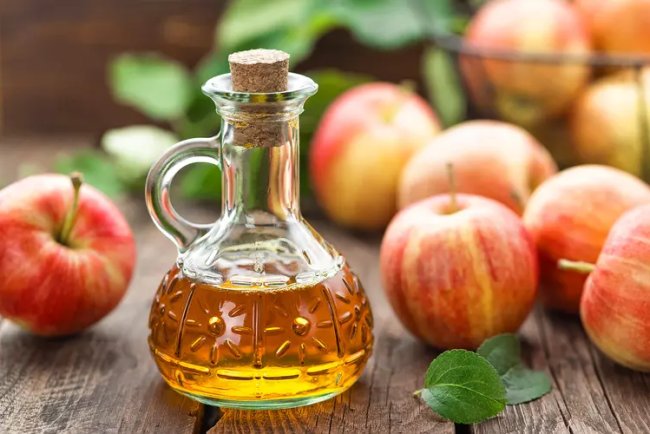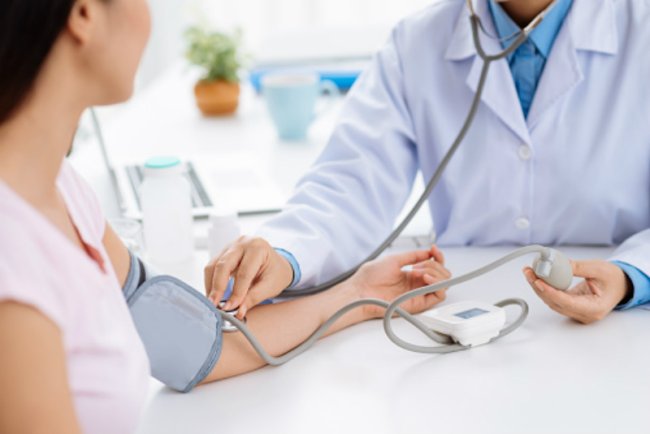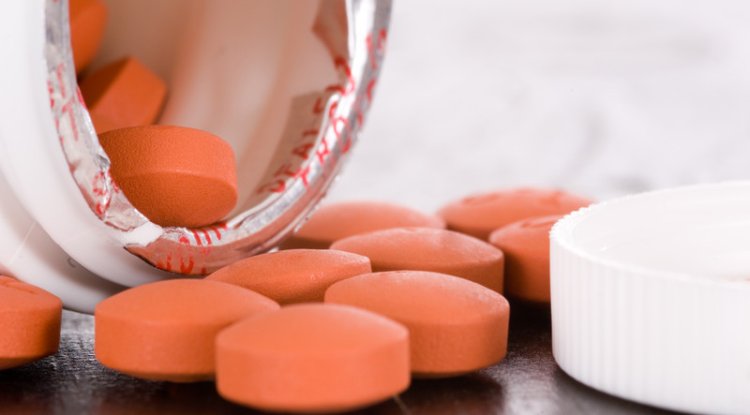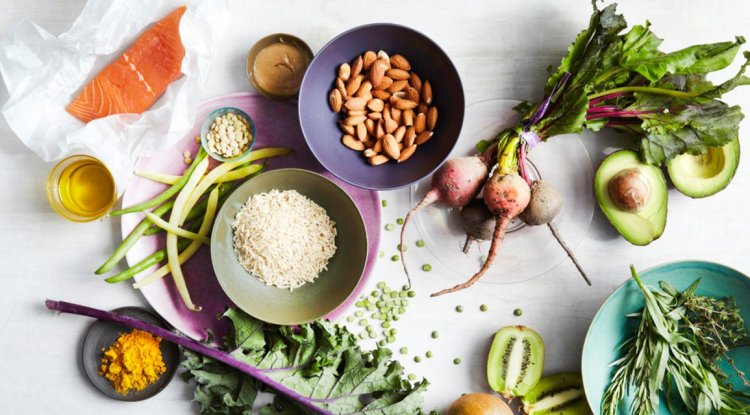Does Diet Really Matter When It Comes to Adult Acne? Here’s What the Latest Science (and Common Sense) Says
Let’s face it acne isn’t just a teenage angst thing. For many adults, breakouts still show up uninvited, often when we least expect (or want) them. And with that persistent chin pimple or sudden cheek flare-up comes the age-old question: Is it something I ate?
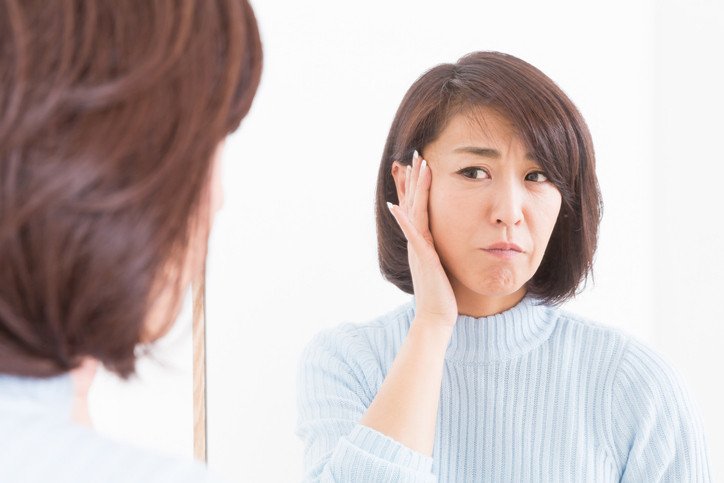
Once upon a time, the answer seemed obvious. Remember being told to ditch chocolate, avoid anything fried, and scrub your face like your life depended on it? That was standard skincare gospel. But by the time many of us made it to college or medical school, the narrative had flipped. Experts began to dismiss the idea that diet had anything to do with acne, chalking it all up to myths and old wives’ tales.
However, the reality is that science is rarely so clear-cut. And now, fresh research is forcing us to reevaluate how food might contribute to the great riddle of adult acne.
Understanding Why Acne Happens At Any Age
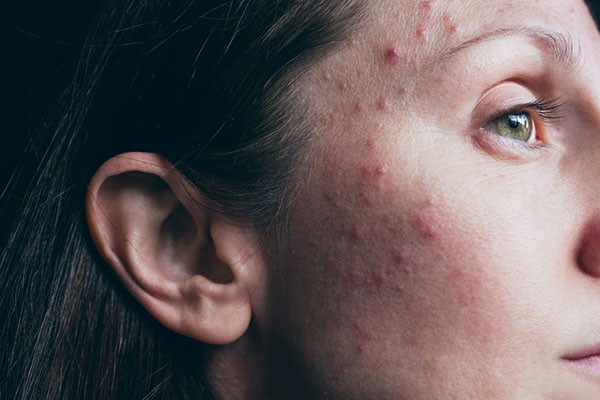
Acne isn’t just a cosmetic issue; it’s a complex condition with many moving parts.Excessive oil production, blocked pores, germs, inflammation, and surprise, surprise hormonal changes can all cause it. That’s why puberty is a prime time for breakouts, and why conditions like PCOS or even your monthly cycle can wreak havoc on your skin.
Other culprits include certain medications (like steroids or lithium), makeup and skincare products, stress, genetics, pollution, and yes possibly your plate.
So, where does diet actually come in?
Could Food Be Fanning the Flames of Acne?
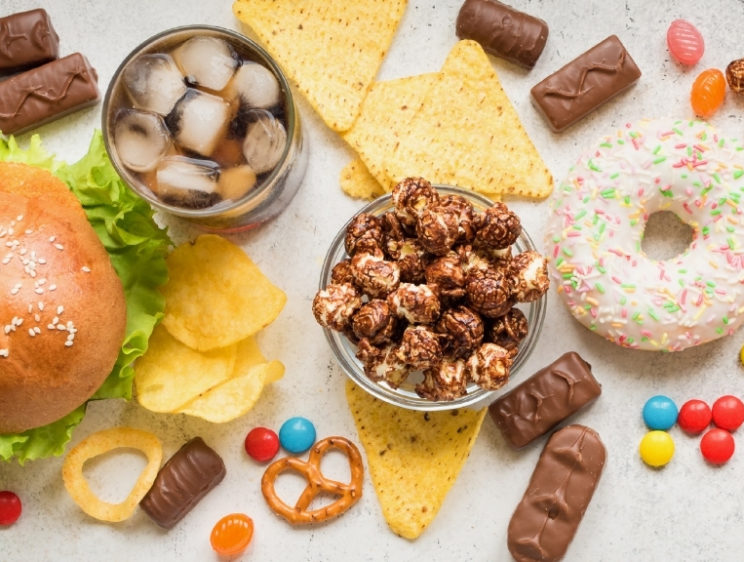
Emerging research says: maybe. It is well known that some meals cause low-grade inflammation all over the body, and that inflammation may manifest itself as blemishes on your face. Furthermore, high-glycemic foods, such as sugary snacks or sweetened drinks, can raise insulin levels, which may have an impact on other hormones (such androgens) that promote the creation of oil in the skin.
Although research is ongoing, a number of studies indicate that these meals might aggravate acne in certain people. Participants reported whether they had current acne, past acne, or no acne at all. What researchers found was fascinating:
Adults with current acne were significantly more likely to consume high-fat foods (like certain meats and dairy), sugary drinks, and combinations of both.
They were 76% more likely to have downed five or more glasses of milk the previous day.
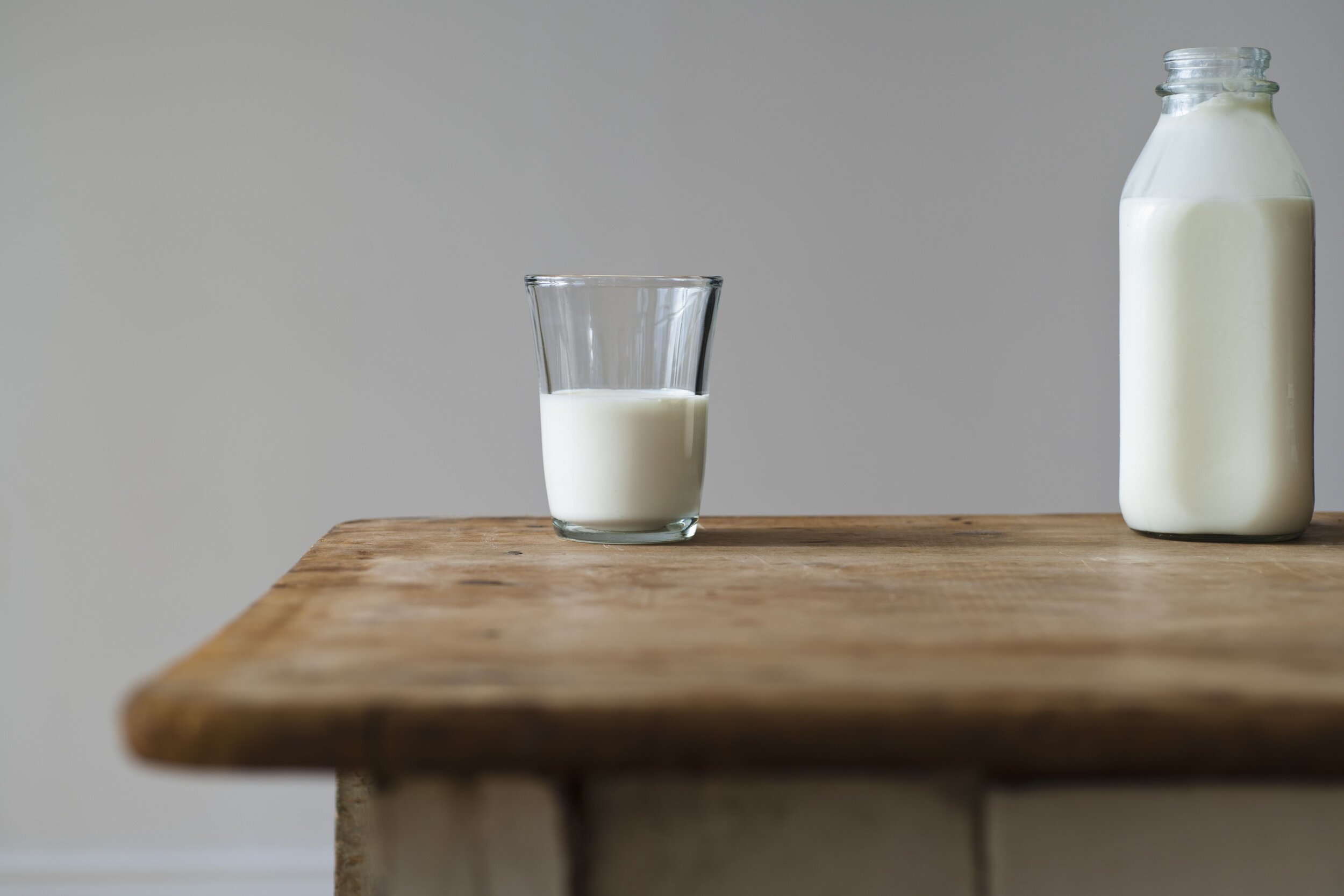
They were more than twice as likely to consume five or more sugary drinks in a day.
They were eight times more likely to eat an entire meal made up of fatty and sugary foods.
Interestingly, fast food and processed snacks were linked to past acne, not necessarily current breakouts. And in a twist that might delight some readers, neither milk chocolate nor dark chocolate showed a strong link to acne in this study.
What This Means And What It Doesn’t
Before you toss your morning latte or swear off pizza forever, it’s important to interpret this study with nuance.
Here’s what it tells us:
There’s a correlation between certain dietary habits and acne but not necessarily causation.
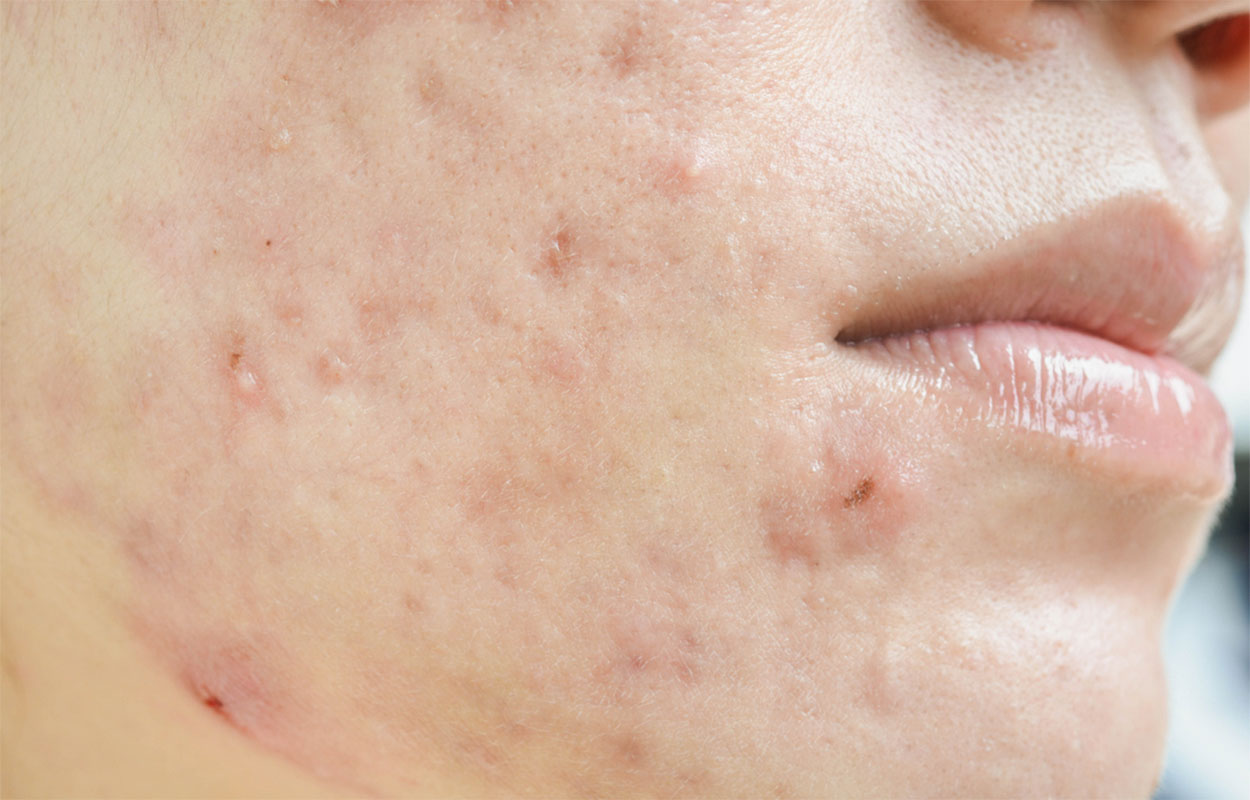
Self-reported data can be subjective. People struggling with acne may be more likely to report “bad” foods if they already believe those foods are the cause.
Other factors (called confounders) might be muddying the waters. For example, maybe people who drink more milk also live in more polluted environments. Perhaps it is the polluted air rather than the dairy.
Therefore, no, this study does not establish a direct link between acne and diets heavy in fat or sugar. However, it does point to a connection that merits further consideration and perhaps more individualized advice.
That said, it doesn’t hurt to be mindful of your intake especially of ultra-processed foods, sugary beverages, and excess dairy. If you notice a pattern between what you eat and how your skin reacts, it’s worth experimenting. Keep a food journal. Swap your soda for sparkling water. Try almond milk for a week. See what happens.
The Bottom Line: Should You Change Your Diet for Clearer Skin?
Maybe. Maybe not.
Eat your vegetables, pay attention to your body, and indulge in chocolate in moderation. And if the breakouts persist? Talk to a dermatologist who won’t dismiss your concerns but will help you find what truly works for you.
What's Your Reaction?







